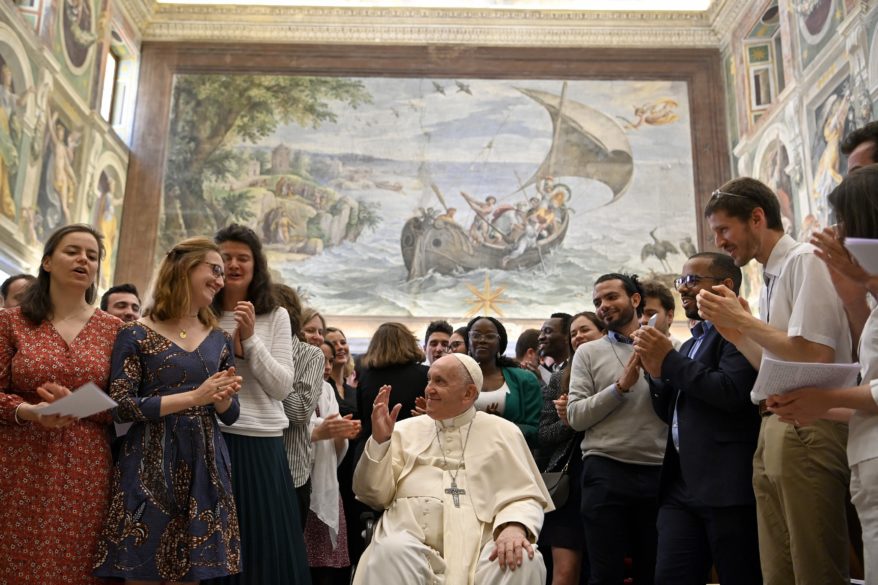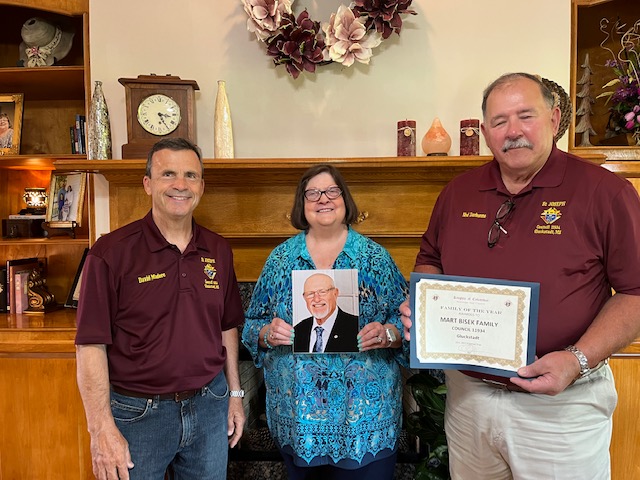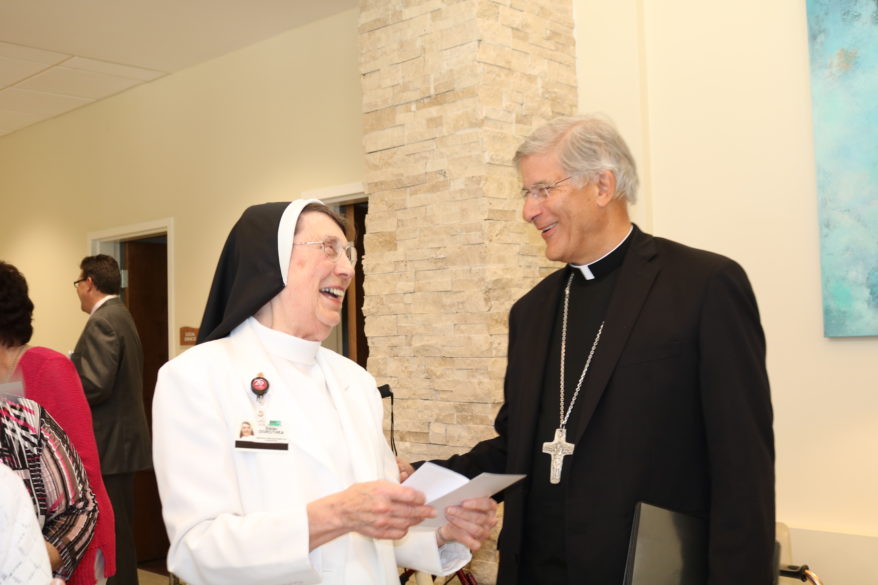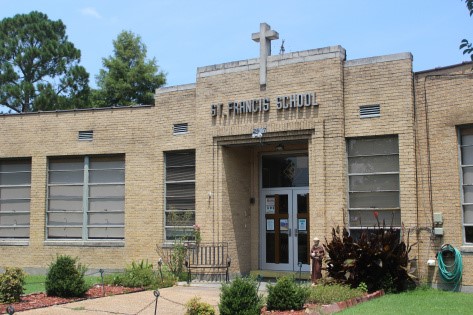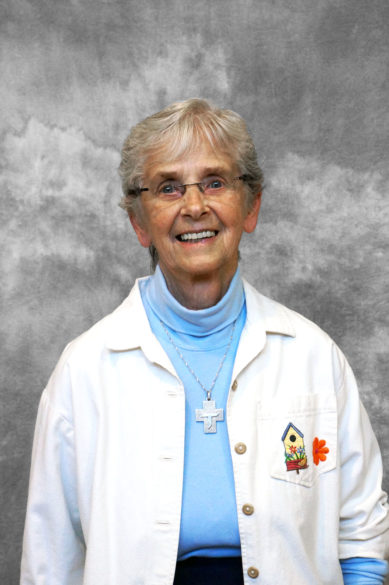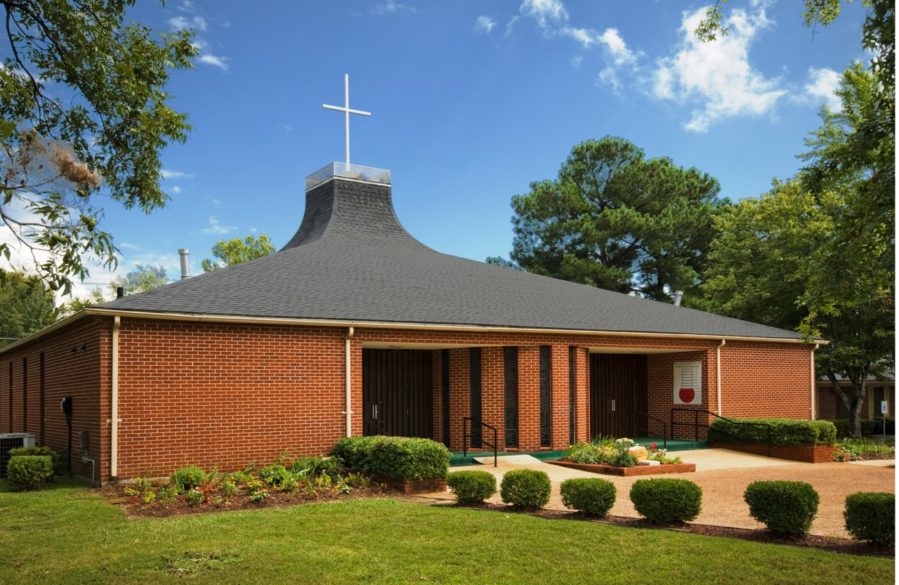By Bishop Joseph R. Kopacz, D.D.
As Catholics we are in the midst of a nine-day Novena undertaken by the United States Conference of Catholic Bishops in preparation for the great feast of the Visitation on May 31. This second joyful mystery of the rosary recalls that tender scene when Mary and Elizabeth, two of the most well-known pregnant women in world history, encountered one another with unbounded joy in God their Savior. Even the “baby stirred in my womb for joy” Elizabeth exclaimed to her younger cousin who had arrived at Zachariah and Elizabeth’s doorstep to assist her who was in her sixth month with the unborn John the Baptist. Women helping women in preparation for birth and in the months following the emergence of new life from the womb into the light of day, is fundamental for family life, community, and civilization.
The need for caring support around a pregnancy and the earliest stage of life is fundamental for mothers and their infants, for family life, communities, and ultimately civilization. There are many in our churches and in our communities in Mississippi who rally around the call to accompany expectant mothers, and in the time following the birth of their children. We can only rejoice to see such loving support. For the Catholic Church, as the whole world knows, the right to life is fundamental because we are made in the image and likeness of God (Imago Dei). The dignity of the human person is rooted in this fundamental belief.

What the whole world may not know, or chooses to ignore, is that the church commits herself, in season and out of season, to the well-being of the human person at every stage of life. This is evident in our social teachings that foster the common good, serve the poor, marginalized and vulnerable, champion health care, sponsor education, and support life’s basic needs: food, shelter and clothing and gainful employment. Moreover, in recent years, care for our common home, the earth, has become more urgent.
Pope Francis’ masterpiece, Laudato Si, rejoices in God the creator, and addresses this God-given obligation. When we add it all up it is all about what St. Paul eloquently states in his letter to the Romans. “The Kingdom of God is not about eating and drinking, but about justice and peace, and the joy of the Holy Spirit. (14:17)
Now back to the Visitation and the gift of unborn life that opened this column. The decision of the Supreme Court of the United States over the Dobbs vs. Jackson Women’s Health Organization is imminent and the prospect of overturning of Roe v. Wade is sending shock waves across the land from the White House to all points on the compass.
There is no doubt that this is an historic moment for our nation. The passion surrounding this life issue burns no less intensely than nearly 50 years ago when Roe v. Wade became the law of the land in 1973. There has been a creeping shadow ever since because at the core of our collective consciousness is a tortured conscience that is unable to reconcile a self-image of inherent goodness with the blood of the innocents. But whether Roe v Wade is overturned or rolled back, abortions will not cease, as we know. The political onus will return to the legislatures of the 50 states to enact laws going forward, and as we have already experienced, these laws will vary greatly.
Like the fires engulfing our western states, there will be widespread conflagrations that burn at the fault lines of our fractured society. The personal onus is another dimension, the terrain of conscience and conversion, challenging every individual to safeguard the gift of sexuality knowing there is freedom through boundaries, to cherish the gift of life, one’ own and the vulnerable in our midst, and to realize that violence against the unborn is at the root of the violence that roils our nation and world.
What can one person or one church do? “The light shone in the darkness, and the darkness has not overcome it,” (John 1:5) is the promise that our labors with God will always matter. Praying, serving, empowering and advocating are always relevant.
Pope Francis encourages encounter with the other and accompaniment, and a recent project worthy of praise in every Catholic diocese is “Walking with Moms in Need.” Whatever the ruling on Roe v Wade, the church in league with other networks is redoubling its efforts to accompany mothers, their preborn and children in the early stages of development so that they and we, like Mary and Elisabeth, can rejoice in the gift of life and in God our Savior.


